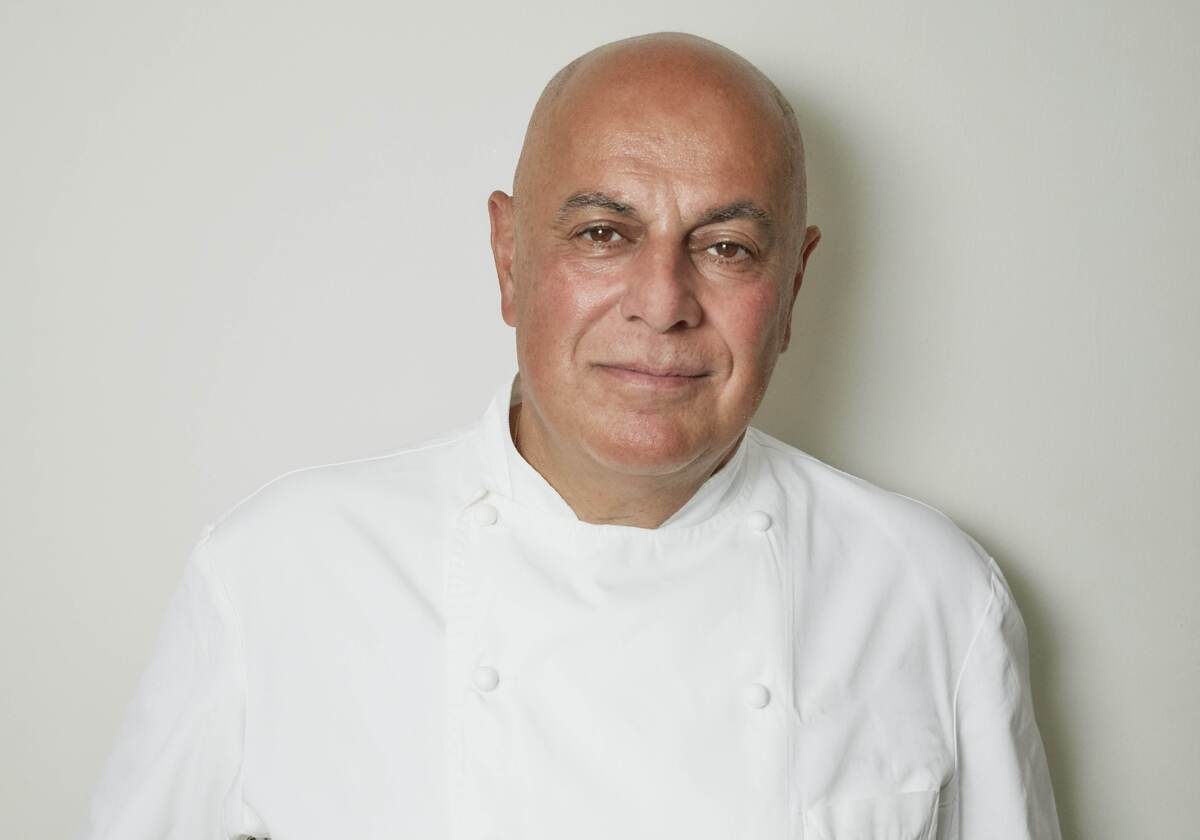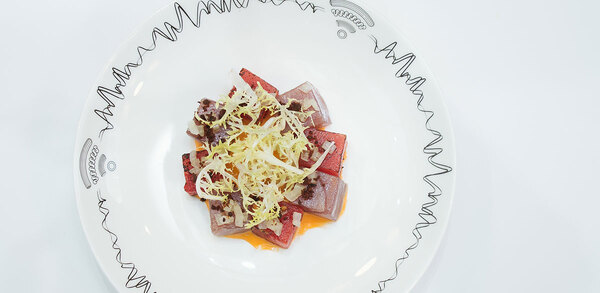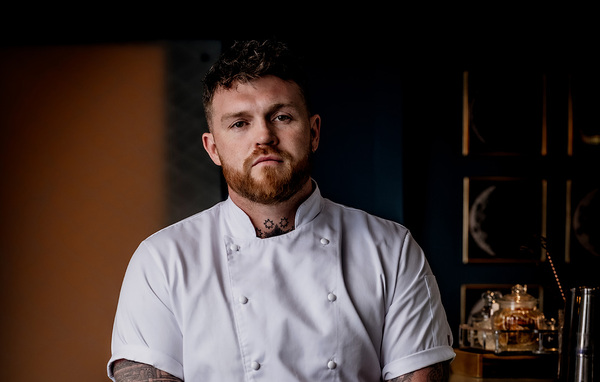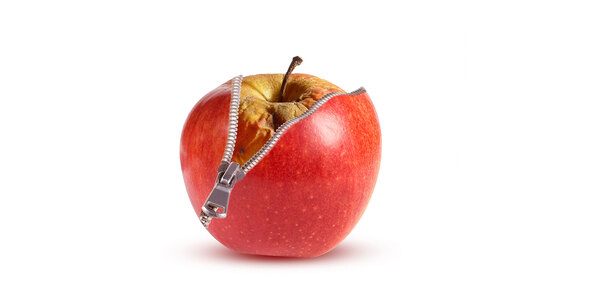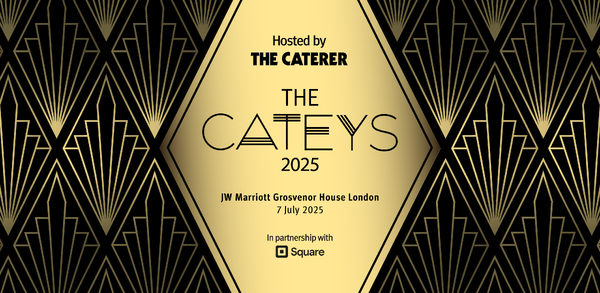Michelin-starred pubs – local stars
More pubs than ever before now hold Michelin stars but is it possible for them to strike a balance between keeping the locals happy and pulling in the plaudits from critics, inspectors and a wider foody audience? Neil Gerrard reports
The Star in Harome (left) serves top quality Michelin food, while chef Andrew Pern enjoys a pint with the locals (above, middle)
When is a pub not a pub? If a very public spat between the owner of the Goose in Britwell Salome, Oxfordshire, and its chef last month is anything to go by, the answer might be when it serves upmarket food.
Restaurateur and property entrepreneur Paul Castle was reported as saying that he thought head chef Ryan Simpson's fare was "too poncey" and that the Goose needed to focus on food the locals wanted - "pub grub" as Simpson put it.
Castle later disputed the fact that he had used the term "poncey" but Simpson and his team walked out nonetheless. To add insult to injury, at least as far as the chef was concerned, the news broke just three weeks after the Goose regained its Michelin star.
The ensuing debate over who was right - chef or owner - seemed to take for granted the idea that you can't be a genuine, successful pub and offer top class food and service worthy of a Michelin star at the same time. But pubs are winning catering's highest accolade in ever greater numbers. In addition to the Goose, this year saw a Fuller's pub - the Royal Oak in Maidenhead, Berkshire - and the Pipe & Glass Inn in South Dalton, E Yorks join Michelin's hallowed ranks.
So can you strike a balance between keeping the locals happy, and pulling in the plaudits from critics, inspectors, and a wider "foody" audience?
First, perhaps, it depends on how you define "locals". If you're talking about the kind of old blokes who are there day in, day out, hoarding the best seats in the house, then Stephen Harris at the Sportsman in Whitstable, Kent, doesn't want them.
"We are not in a town or village. There are no houses around us. So we are nobody's local. That might sound to some people like a nightmare but to us it is the ideal situation. The quickest way to piss off the locals is to turn your pub into a restaurant - they hate it.
"We get people from Whitstable who just want to pop in and have a quick lunch. I'd hate it if we didn't. I suppose they count as locals but not the kind of people who are propping up the bar," he says.
But what kind of locals you have isn't so much of a problem as far as Andrew Pern at the Star in Harome, N Yorks, is concerned.
"When we first bought the Star 14 years ago we were quite young. The way I looked at it was any support is better than none. The locals, your friends, and your neighbours are the people you make first contact with. So we very much worked alongside them and encouraged them to come in from day one. Lots of people say the locals add to the ambience. It's the same old faces that are in the bar and diners generally remember people and the locals have a chat with them."
And for some Michelin-starred pubs, drinking at the bar is an important way not just of creating the right atmosphere, but also for generating revenue.
For James MacKenzie at the Pipe & Glass Inn - who admits that he didn't set out to win a star - making sure the drinkers were happy was just as important as creating a good food offering.
"When we came in, we improved the real ale offering. That is just as important to us in terms of the whole experience. So we have four hand-pulled ales. I would be lying if I said we weren't food-led but we have a separate bar area, so you can just turn up and drink in there if you want to," he explains.
On the other hand, Mike North, who runs the Nut Tree in Murcott, Oxfordshire with his wife Imogen, reveals that wet sales account for 50% of the pub's total revenue and 50% of that comes from people just drinking at the bar. His pub, which benefits from a loyal and thirsty farming clientele, has three real ales on draught - one each from local breweries Vale Brewery and Hook Norton Brewery, and a better-known guest ale like Fuller's London Pride or Wells Bombardier.
It doesn't work everywhere though, as Tom Kerridge, licensee at Greene King's the Hand & Flowers in Marlow, Bucks, explains: "We've been open five years and in the beginning we tried very hard to encourage a drinking trade as well as a food trade but one thing led to another and we built a reputation for being a food-led pub rather than a wet-led pub."
But Kerridge makes an important point. No matter whether you have drinkers or diners, locals or travelling foodies, it is the pub atmosphere that most people turn up for.
"They come here because they want to eat in a pub environment," Kerridge says. "They can buy a bottle of house wine for £16 instead of £90 and they don't feel they have to dress up smart. If in summer time you want to turn up here in your shorts and flip flops that's cool; I have no issue with that. In fact, I encourage it if it makes people feel happy and comfortable."
But with the informality that goes with the pub environment comes a risk - the reaction of adventurous gourmands from further afield.
"There's the odd couple of people who come in for dinner and don't like it when they see quads parked out the back and the guys who have finished work for the day coming in for a drink. But the pub side of things is what creates the atmosphere and the buzz for us," says Imogen North.
For other diners though, it's the sense of being in a real old-fashioned pub that attracts them in the first place. Pern, whose Yorkshire pub benefits from international shooting parties, says: "They love the locals and they love a British pub. You can't get that in America or South Africa or Australia, or wherever they come shooting from."
And he, for one, enjoys the contrast of high-end food and local community pub. "I'm not a landlord, I'm a chef through and through. But like most chefs, I enjoy a pint or two. A pub is a lot more easy going."
In fact, from 6pm on Sundays, the Star switches from full service to pub snacks like pie and peas, or pizza.
"It's quite amusing to me. An hour before, we're doing foie gras and scallops, and then an hour later it's pub fare," says Pern.
Not, of course, that locals should not be able to afford the kind of food these pubs offer on a normal day. "People can say we are too expensive but we have dishes on the à la carte menu that are £16 for a main course. That means that you can eat with me for less than you can with a high street chain brasserie down the road," says Kerridge. The Hand & Flowers is also regularly full for lunch, thanks to a £10 set menu, which Kerridge introduced after corporate expense budgets got slashed by accountants sweating over the recession.
And it's a similar story at the Sportsman. "Assuming the quality is there, the most important thing for local people is to keep the price reasonable," says Stephen Harris.
"You can still eat at the Sportsman for under £30. A lot of people just don't understand that. They think we are really expensive. They don't know that we are actually cheaper than a lot of pubs that don't even get into The Good Food Guide."
So it looks as if you can serve Michelin-quality food and still be a pub. But perhaps what you can't do is take a community pub into a Michelin-starred restaurant, as Mike North - who previously held a star at the Goose himself - explains.
"There are lots of pubs that are pushing for Michelin stars and they have no locals whatsoever. They pretty much do away with the bar because there is too much waste involved, and then they call themselves a pub but actually they don't want the drinkers or anything else," he says.
"There seems to be a lot of misunderstanding about Michelin stars - not that I am any authority on them. As far as I understand, the one star is for the food on the plate and only the food on the plate. If you go into a big country house hotel you are going to have a lounge with very smart formal service, and if you are going to a very smart City restaurant you are going to expect it to be a little bit more vibrant and buzzy. Equally, if you go to a country pub, I feel that you ought to be able to walk in and have a pint without feeling that you're in the way or not wanted."
FIVE TIPS FOR DEALING WITH DIFFERENCE CLIENTELE
- Don't neglect the beer. Keep the real ales on draught, from local breweries where possible, to keep the pub atmosphere. Try recommending the beer you serve as an accompaniment to certain dishes.
- Keep the service level the same throughout. Whether they are eating or just drinking at the bar, the level of service should be the same for every customer.
- Highlight some of your best value dishes to overcome customers' preconceptions about how expensive it is to eat at your pub.
- Cultivate a sense that your pub is part of the community by hosting fundraising events, local sports teams, offering cooking demonstrations, carol services, quiz nights etc.
- Stay relaxed about dress code and encourage customers to feel at home.
PUB GRUB, BUT NOT AS YOU KNOW IT
STARTERS
Crispy fried wild rabbit rissoles, cockle and caper vinaigrette, sorrel and aged air-dried ham, £7.95 The Pipe & Glass Inn
Somerset smoked eel with beetroot royale, potato and caper salad, £9.50 The Hand & Flowers
Pave of Nut Tree smoked Orkney salmon with whipped horseradish cream, Avruga caviar and a salmon skin biscuit, £9 The Nut Tree
MAINS
Perns of Helmsley belly pork with a warm black pudding and Ampleforth apple salad, fried village duck egg, devilled sauce, £15 The Star Inn
Roast Waterham Farm chicken with bread sauce, chestnuts and bacon, £15.95 The Sportsman
Slow-braised shin of Essex beef with glazed carrot, red wine and beef marrow, £16 The Hand & Flowers
PUDDINGS
Chocolate and stout pudding with black treacle ice-cream, £9 The Star Inn
A trio of Yorkshire apples, apple and bramble crumble, sticky apple sponge and sorbet, £7.95 The Pipe & Glass Inn
Jasmine tea junket, rosehip syrup and breakfast crunch, £6.95 The Sportsman



